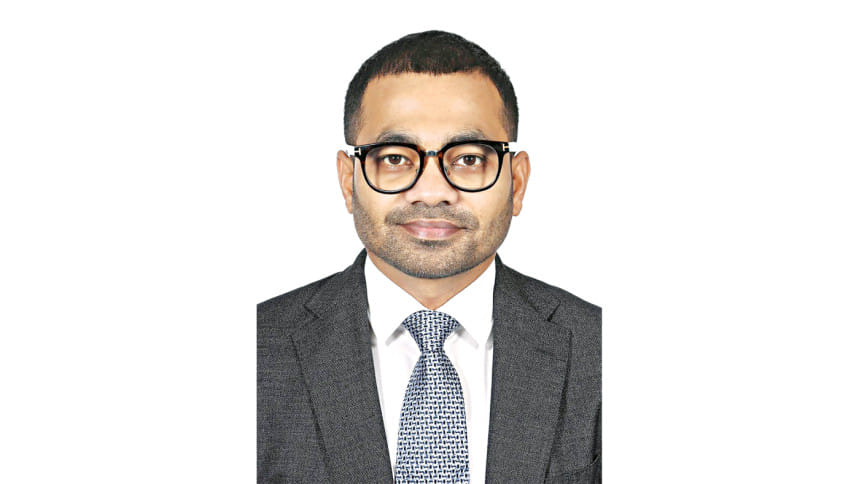Future of garment industry hinges on worker welfare

The Bangladeshi manufacturing sector, particularly textiles and garments, is vital to the global supply chain. Despite its strategic importance, the sector faces significant headwinds, especially in terms of worker welfare.
In recent years, Bangladesh's garment industry has striven to evolve beyond basic, low-cost production. With increasing innovation and product diversification, the sector aims to become a $100-billion global hub. However, this ambition is unlikely to materialise without fully investing in its most valuable resource: the workers. They are not just contributors but essential partners in the industry's collective success.
Key challenges inhibiting progress
One of the core obstacles to industry reform lies in buyer practices. Many international buyers exploit market oversupply, pressuring manufacturers to accept prices that don't reflect the true cost of ethical production. This squeezes margins and stifles investment in worker welfare.
Meanwhile, compliance with stringent global labour and safety standards, while necessary for sustainability, often imposes substantial financial burdens, especially in the absence of fair compensation from buyers.
Labour rights advocacy also presents a complicated picture. On one hand, a weak presence of workers' organisations hampers collective bargaining. On the other, some demands from labour rights groups can clash with economic realities. A middle ground must be found, where owners and workers engage in honest dialogue and shared responsibility, not adversarial negotiations.
Rising operational costs further complicate matters. With shrinking profit margins, many factories struggle to invest in worker-centric initiatives. Continued financial strain could force closures, resulting in massive job losses. Lastly, global market volatility exacerbated by tariff uncertainties and trade policy shifts has created unpredictable pricing dynamics. The lack of clarity leaves both buyers and sellers unsure whether to commit or renegotiate, which undermines stability across the sector.
A roadmap for worker-centric growth
Boosting productivity is key to Bangladesh's aspiration to become a global manufacturing leader and that starts with treating workers as growth partners.
Wage increases that reflect inflation and the cost of living should be phased in to reward effort and support retention. Better wages translate into better livelihoods, which, in turn, drive higher productivity and competitiveness, provided workers increase productivity in alignment with wage increases.
Investing in affordable housing, accessible healthcare -- including mental health services -- and safe working conditions will improve both well-being and performance on the factory floor. With women comprising the majority of the RMG workforce, targeted support, such as childcare centres and upscaling programmes, is vital to empower female workers and ensure equitable growth.
Supplemental initiatives, such as subsidised food and essentials through ration programmes, can further reduce economic stress and ensure that basic needs are met. Most importantly, the industry must move beyond outdated hierarchies. Bridging the owner-labour divide by promoting a "we" mindset—where all stakeholders see themselves as partners—can transform how the industry navigates both crisis and opportunity.
A multi-stakeholder path to sustainability
Sustainable reform demands joint efforts from manufacturers, buyers, and policymakers. Manufacturers must adopt ethical practices and communicate openly about profitability and other challenges. Buyers must move beyond price-driven relationships and commit to fair pricing that supports ethical sourcing and long-term resilience. Policymakers play a critical role in enforcing labour protections, incentivising responsible business practices, and creating trade policies that reinforce the domestic manufacturing ecosystem. Infrastructure development and streamlined regulation can also reduce operating costs and unlock further potential.
Worker welfare and industry growth are not competing interests, but deeply intertwined concepts. Achieving Bangladesh's ambitious manufacturing goals depends on whether all stakeholders are willing to make that synergistic connection and implement it. A future where Bangladesh leads in global manufacturing is more than just about exports or profit margins. It's about shared prosperity, where progress is measured not only by numbers, but by the dignity and well-being of those who make it possible.
The author is a former director of the Bangladesh Garment Manufacturers and Exporters Association

 For all latest news, follow The Daily Star's Google News channel.
For all latest news, follow The Daily Star's Google News channel. 



Comments